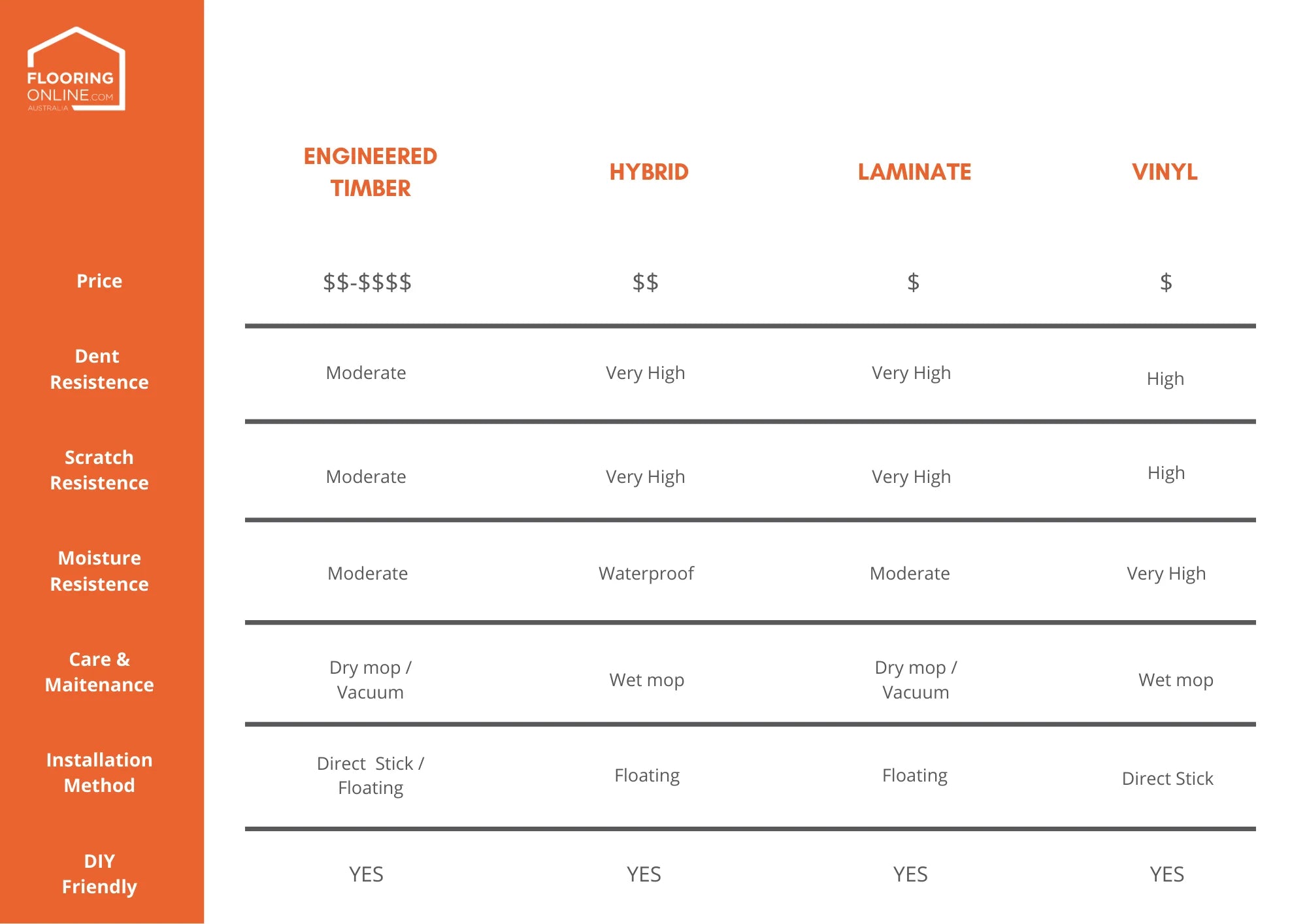Is Floating Flooring the Best Option?
When it comes to flooring your home is floating the best option? We're going to take you through the pros and cons of floating vs. gluing down your floors.
When it comes to flooring your home is floating the best option? We're going to take you through the pros and cons of floating vs. gluing down your floors.

For all the DIY enthusiasts, floating your timber flooring is an ideal option. This method allows you to install the floor right away using a suitable underlay, and in most cases, you can walk on it immediately. However, keep in mind that floated floors are more prone to issues after installation, and replacing individual boards can be challenging.

Building your forever home? Consider gluing down your flooring for lasting results. Direct stick installation helps minimise the floorboards' sensitivity to temperature and humidity changes, reducing the risk of contraction. Additionally, direct stick floors offer better resistance to water damage, making them a highly durable choice for timber flooring.

Floating your flooring is the most cost-effective installation option. On the other hand, gluing down a floor involves a higher upfront cost due to the added quality and durability. While it’s a more expensive method, a glued floor provides greater stability and reduces the risk of damage over time, which may help you save on future repairs or replacements.
Compare the price, features and performance of our flooring range.

What our happy customers say...
Postcode not found, please try again